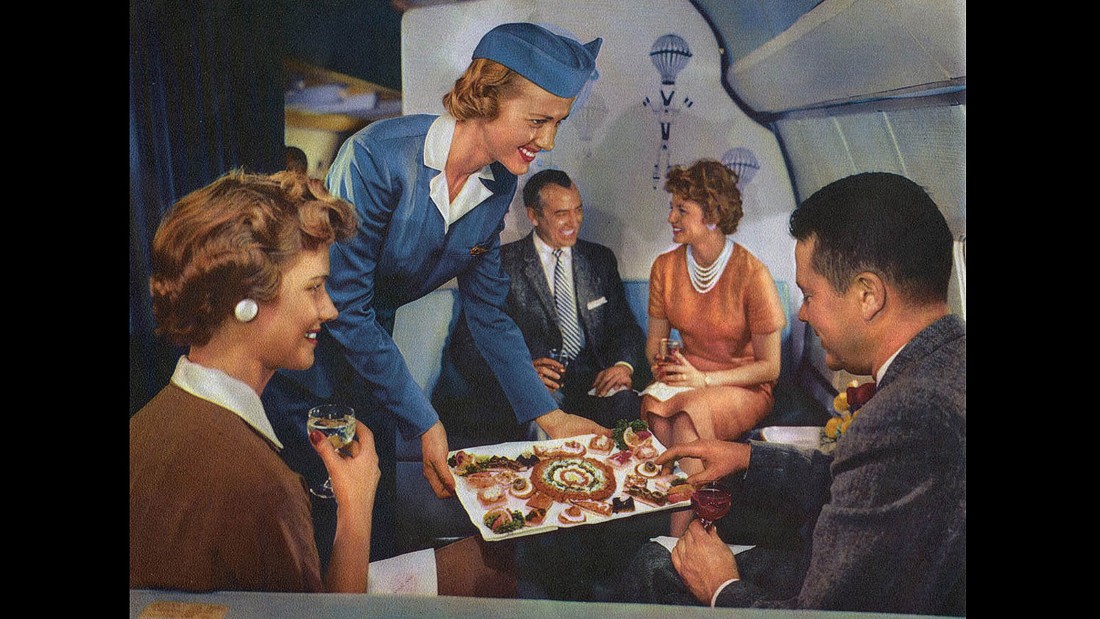 Q – I fly a fair amount for business and recently returned from the Orient on Malaysian Airlines where I managed to get a bad case of food poisoning despite flying Business Class. Malaysian has responded to my online account but I am wondering just how common food poisoning is on long-distance international flights? I was wondering if you give your clients any specific advice about what to avoid eating on an aircraft?
Q – I fly a fair amount for business and recently returned from the Orient on Malaysian Airlines where I managed to get a bad case of food poisoning despite flying Business Class. Malaysian has responded to my online account but I am wondering just how common food poisoning is on long-distance international flights? I was wondering if you give your clients any specific advice about what to avoid eating on an aircraft?
A – This has really not been an issue in the airline industry. The airborne food suppliers generally work under strict supervision as a single case of food poisoning, such as yours, can lead to a public relations nightmare. We do not instruct guests in Business as to what foods they should not order but we do recommend that all fliers on longer flights consider putting together their own picnic basket using food outlets in the airport. Of course, those who pay thousands of dollars to fly Business or First Class are unlikely to take this advice. We do urge our three clients who fly economy to consider avoiding meals served in the back of the plane.
But you asked a serious question so let us share the following:
It is best to avoid food poisoning by avoiding certain products:
- Salads served in the air are usually from a bag and may contain ingredients with some risk of e-coli contamination.
- Fish is risky -particularly raw fish served on some Asian carriers. Avoid uncooked fish.
- Avoid ice cubes in your drinks – trusting that ice is made from purified water in an act of faith best avoided
- Always avoid ordering coffee or tea for reasons enumerated elsewhere on our site.
Now that we have said this – allow us to stress our initial point: Food poisoning traced to onboard cuisine is just not an industry issue. It is a rather rare occurrence. Coach food served aboard aircraft prepared in kitchens in a non-developed country should be avoided. It is acceptable and wise to ask the flight attendant the country of origin for the food you are being served.
We urge our clients to consider a “Picnic at 33,000 Feet”. Have the flight attendant deliver your tray without appetizers or the main entree. Then add your favorite sandwiches prepared fresh in the airport before you boarded and kept in a refrigerated bag. You will enjoy your sandwich(s) and you will have few concerns about food poisoning.
